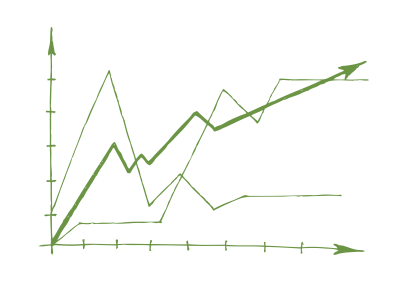Economic Growth
Proponents and opponents of economic growth each have a point.
Resource supplies are limited, but economic growth is almost always associated with better use, relatively lower consumption and lower conservation; new needs bring new benefits, both economic and non-economic, to consumers.
Reasonable trade-offs need to be made on the issue of economic growth.


Sustainability
Sustainability, as defined by the United Nations Brundtland Commission, involves meeting present needs without jeopardizing the ability of future generations to meet their own. It comprises four pillars: human, social, economic, and environmental. Social sustainability prioritizes the creation of healthy, equitable communities, emphasizing well-being, fairness, and access to essential resources such as healthcare and education.
Well-being
The physical, chemical and biological factors of the environment in relation to public health, the conditions of housing, recreation, physical culture, recreation, culture and other leisure activities, transport, the provision of health care and other services, nutrition and diet, the condition
Use of food contact objects and objects of common use, the conditions for the healthy development, education, psychological and physical development of children, young people and adults.
